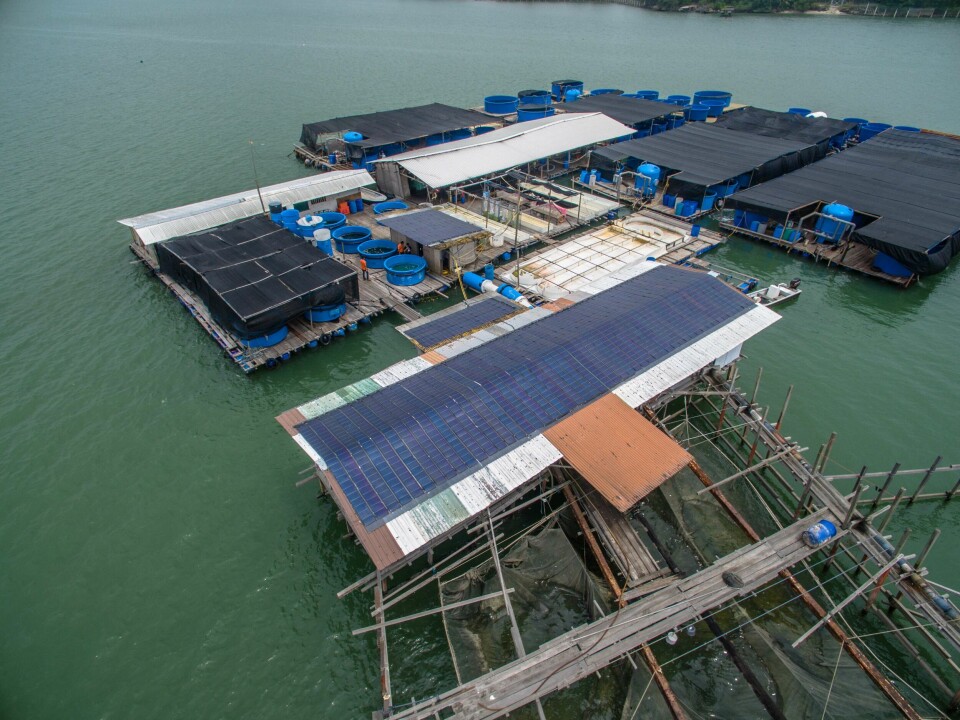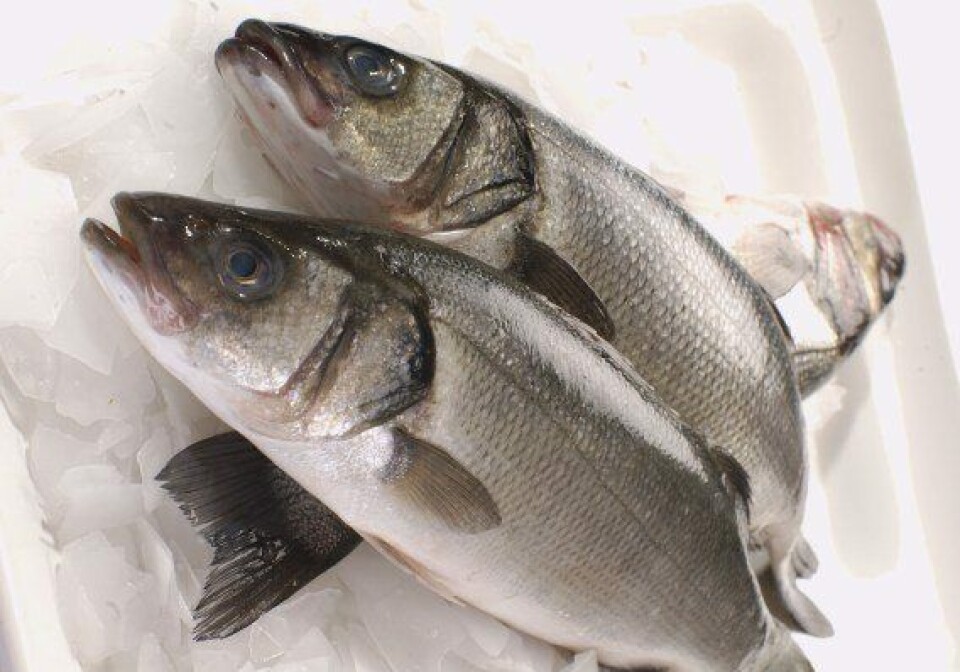
Singapore seeks more closed containment systems
The Lion State's aquaculturalists are turning to closed containment systems after an oil spill and two algae blooms killed off tonnes of fish in cages submerged in the sea.
Singapore’s Agri-Food and Veterinary Authority (AVA) is now looking into how more coastal farms can use such systems “to safeguard farm production from adverse environmental changes and minimise detrimental impact on farm productivity”, a spokesman said.
In a recirculation model used by Norwegian farms, the waste water from the containment system is reused. Using the same stock of water helps the farm save energy as it would not have to constantly heat the cool Nordic water to temperatures ideal for salmon.
The flowthrough method, which some farms in Singapore use, involves treating the water before it enters the system. The water is then discharged without being reused.
In April 2015, AVA awarded a tender to five companies to design and develop closed containment aquaculture systems. One of them is Singapore Aquaculture Technologies, a fish farm located in the Johor Strait. It has been using a closed containment system since 2012.
Energy savings

With the funding given to companies that won the tender, Singapore Aquaculture Technologies built on its earlier prototypes with a better water-filtration system and installed solar panels, which helped to reap energy savings when used with existing diesel generators.
The farm now rears most of its fish in about 90 tanks located on a barge and wooden platform, instead of net cages in the sea.
Co-founder Dirk Eichelberger, 53, said the farm’s system involves pumping seawater from a depth of 2m to 4m before filtering it and passing it through ultraviolet light rays to kill almost all organisms, including plankton and bacteria.
As the closed system allows the farmers to control more environmental factors, such as the amount of oxygen dissolved in the water, they can rear more seabass per cubic metre - up to 70kg, compared with 15kg for the net-cage systems.
AVA told The Straits Times this week it has been working with the companies on their projects, including providing technical assistance.
A spokesman said all five companies have finished the projects and demonstrated the systems to AVA. “The completed projects have developed workable prototypes that are different in concept to cater to different operations. The companies have shared their new systems with other farmers through AVA-organised workshops.”






















































